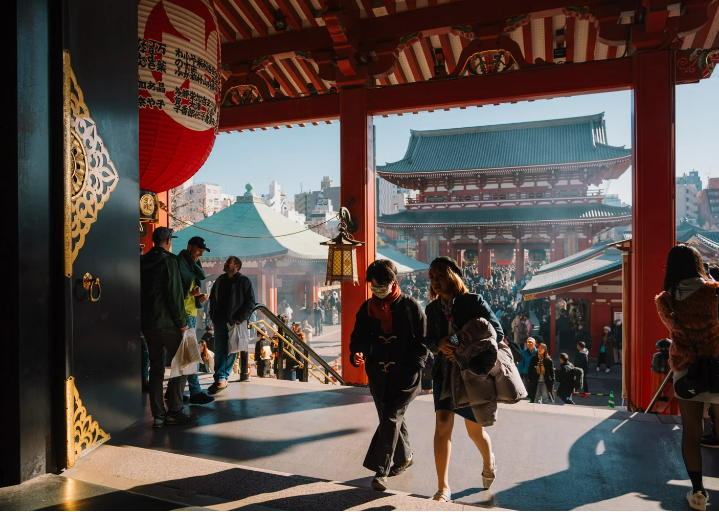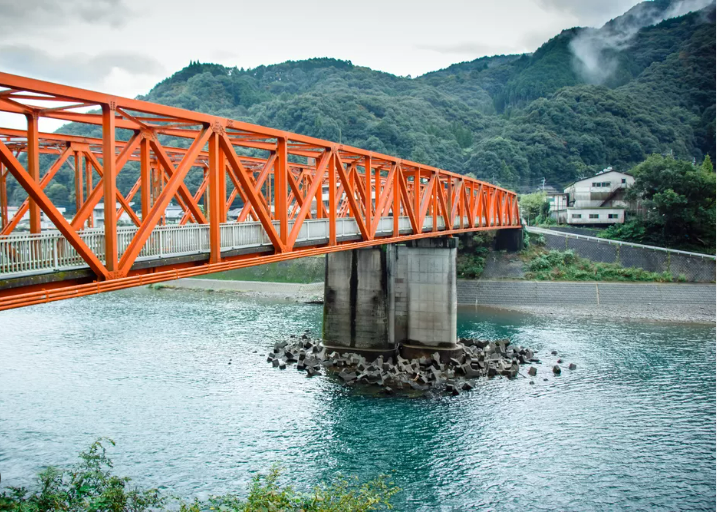What Travelers Need to Know about Japan Digital Nomad Visa


Japan has long enchanted travelers with its unique blend of tradition and modernity, offering a rich tapestry of old and new, urban and natural experiences. Now, you don’t need to quit your job to explore this captivating destination. Japan’s digital nomad visa offers a fantastic opportunity for those looking to break free from the 9-to-5 grind and immerse themselves in a culture vastly different from their own.
What is a Digital Nomad?
A digital nomad is someone who works online without a fixed office, a lifestyle once limited to freelancers and creative professionals. However, advancements in communication technology and the rise of remote work have expanded this opportunity to individuals across various industries. With substantial economic benefits and the potential to invigorate an aging population, Japan is eager to attract digital nomads.
As a digital nomad, you can work from virtually anywhere in the world. You might choose to stay in one location for several months or explore a new city every few weeks. Whether you’re self-employed or work for a company with remote work policies, embracing the digital nomad lifestyle allows you to experience new cultures while maintaining a steady income.
Reasons to be a Digital Nomad in Japan
While a trip to Japan promises an unforgettable experience, a short visit won’t suffice to explore all that this country has to offer. Settling in and forging new connections will reveal a deeper side of Japanese culture and daily life.
Although Japan may not have the same reputation as other digital nomad hotspots like Indonesia, setting up a stable remote work environment here is straightforward. With reliable Wi-Fi and high-quality workspaces readily available, you’ll encounter minimal disruptions during your transition. Enjoy the convenience of well-designed spaces and specialty cafes, particularly in vibrant cities like Tokyo, Fukuoka, and Sapporo. Efficient public transportation, top-notch services, and extensive shopping options make it easy to establish a new routine and feel at home in just a few days.
The Lifestyle of a Digital Nomad in Japan

Japan caters to every subculture and interest. Art enthusiasts can dive into a world of beauty, from traditional craftsmanship in Kanazawa to contemporary design in Naoshima. After dark, connect with new people in cozy izakayas or explore innovative local cuisine. With the yen currently weak, your Western salary will stretch further.
While Japan’s bustling cities attract many tourists, a longer stay allows you to explore the country’s natural beauty. Consider booking a remote hotel for a weekend getaway to recharge. Enjoy hikes through lush forests and majestic mountain ranges to truly unwind from work.
Staying in Japan for six months also offers the opportunity to experience the charm of its changing seasons. Witness the foliage turn golden at countless shrines and temples, warm up with a bowl of ramen on snowy days, and marvel at the cherry blossoms as they bloom across the landscape in spring.
Accommodation for Digital Nomads in Japan
The type of accommodation you choose in Japan will depend on your preferences and budget. Options include capsule hotels, sharehouses, or private apartments. To navigate language barriers and cultural differences, consider working with a reputable real estate agency. For short stays and aparthotels, foreigner-friendly companies like Hmlet and Metro Residences are recommended. If you’re looking for added luxury, exploring hotel partnerships could be worthwhile.
For even the most adventurous travelers, a 7-day pass can be packed with activities but may not allow you to fully explore each area. Depending on your Shinkansen and seat reservations, costs can range from 35,000 to 40,000 yen. With the cheapest JR Pass priced at ¥50,000, you might not travel enough to justify the expense.
Visa Requirements for Digital Nomads in Japan
The visa will be available to 49 nationalities, including those with spouses or children. Self-employed individuals can also apply, provided they can demonstrate that they do not work for any Japanese-based company. Once your visa is approved, you can work from any location within Japan. Note that successful applicants will not receive a residence card and can only stay for up to 6 months. To extend your stay, you would need to leave Japan for six months before reapplying.
While being a digital nomad in Japan offers exciting opportunities, it may not be feasible for everyone. You must prove an annual income of at least 10 million yen (£53k) to qualify for the visa. Additionally, you must have private health insurance and comply with Japanese tax regulations, which can be complex for digital nomads.
Is a Digital Nomad Visa in Japan Worth It?
Whether a Japanese digital nomad visa is worth pursuing depends on your personal circumstances and the nature of your work. If you’re looking for a longer-term stay, neighboring countries like Taiwan and South Korea offer digital nomad visas with extended durations. If you’re unsure about remote work in Japan, consider entering on a 90-day tourist visa to test the waters before applying for a digital nomad visa.
For those keen on the idea of working remotely from Japan, keep an eye on the Ministry of Foreign Affairs of Japan’s website for updates in the coming weeks.








